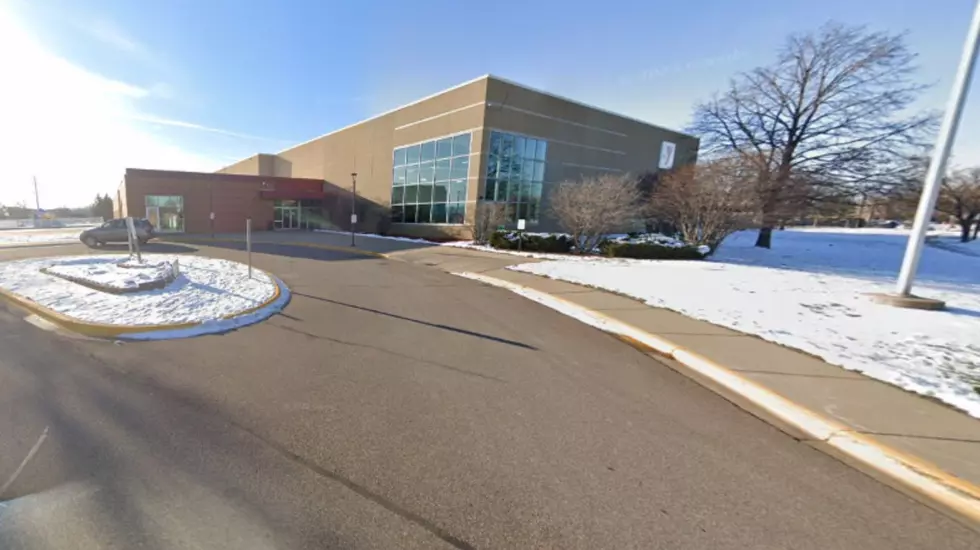
Chronic Pain Okayed as Condition for Minnesota Medical Pot Program
St Paul, MN (KROC AM News) - Minnesotans who suffer from chronic or “intractable” pain may be able to enroll in the state’s medical marijuana program next year.
When the state legislature approved the program last year, it restricted the use of medical marijuana to nine health conditions. But it left the door open for additional conditions and chronic pain was at the top of the list.
Minnesota Commissioner of Health Dr. Ed Ehlinger Wednesday announced his decision to add intractable pain as a qualifying condition. He also called upon the state’s health care community to boost efforts to help patients deal with pain more effectively.
In making his decision, Ehlinger rejected a recommendation from a majority of the members of an advisory panel who voted against the proposal. Ehlinger also heard from 500 Minnesotans during 13 public meetings around the state. He says 90 percent favored the addition of the new condition.
Patients who are certified as suffering from intractable pain will be eligible to receive medical cannabis beginning on August 1st next year.
In making the announcement, Commissioner Ehlinger acknowledged a range of views on the issue as well as the difficulty of making a public health decision without the benefit of an abundance of solid, scientific evidence about benefits and risks.
“The relative scarcity of firm evidence made this a difficult decision,” Commissioner Ehlinger said. “However, given the strong medical focus of Minnesota’s medical cannabis program and the compelling testimony of hundreds of Minnesotans, it became clear that the right and compassionate choice was to add intractable pain to the program’s list of qualifying conditions. This gives new options for clinicians and new hope for suffering patients.”
The 2014 law defines intractable pain as a condition “in which the cause of the pain cannot be removed or otherwise treated with the consent of the patient and in which, in the generally accepted course of medical practice, no relief or cure of the cause of the pain is possible, or none has been found after reasonable efforts.”
As with the program’s other qualifying conditions, patients seeking medical cannabis to treat intractable pain will need advance certification from a Minnesota health care provider. More information on the program’s certification process is available on the MDH website.
Ehlinger pointed to a number of provisions within Minnesota’s medical cannabis program that reduce the risk of misuse. First, the program has a strong medical focus, with features designed to generate real-world information about the product’s efficacy. Second, the program limits the form of cannabis to pill, liquid or vapor. This has the benefit of reducing the risk of drug diversion for improper use or for recreational use. Third, the program allows for just two manufacturers to grow and produce medication, with strong process controls and security measures.
More From KROC-AM









